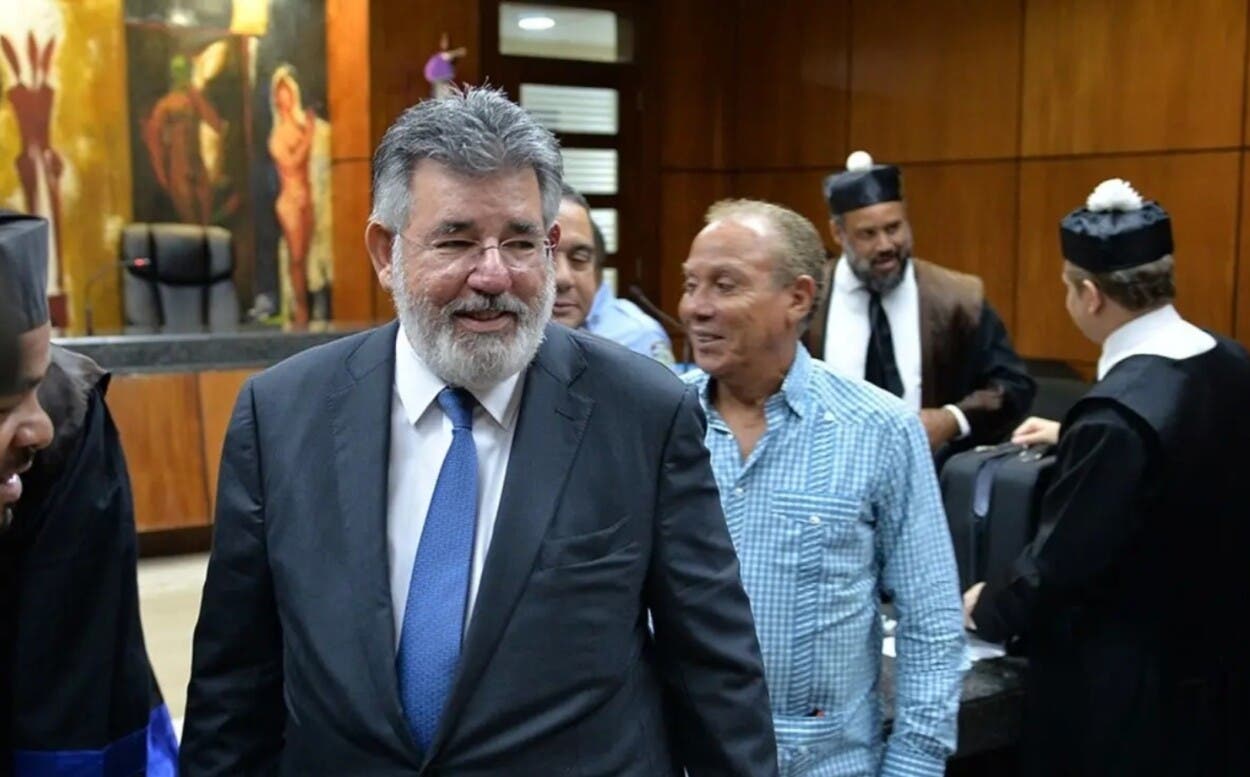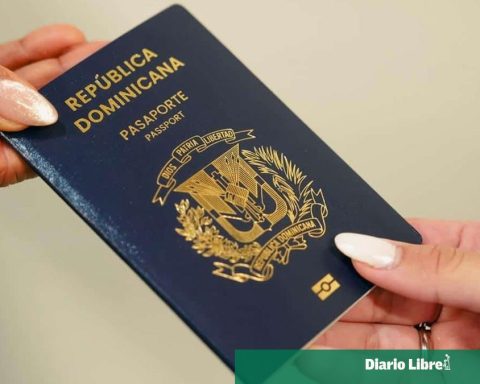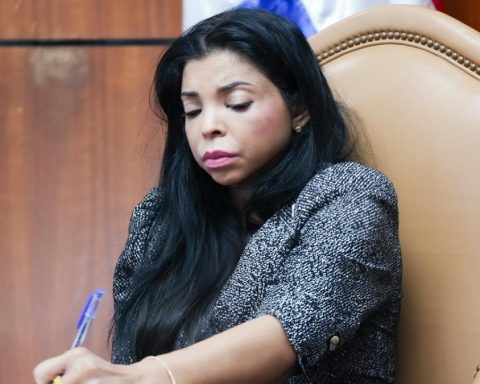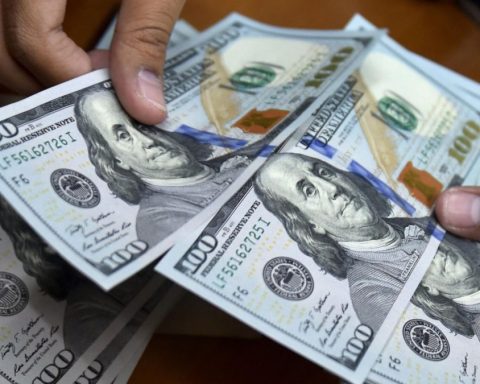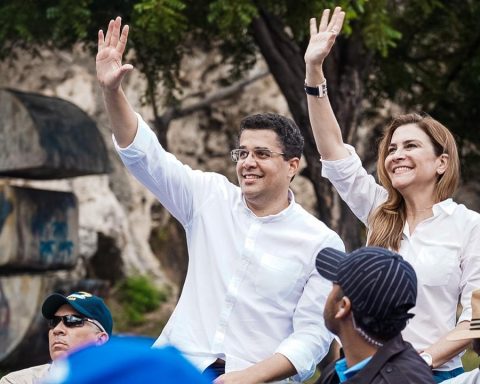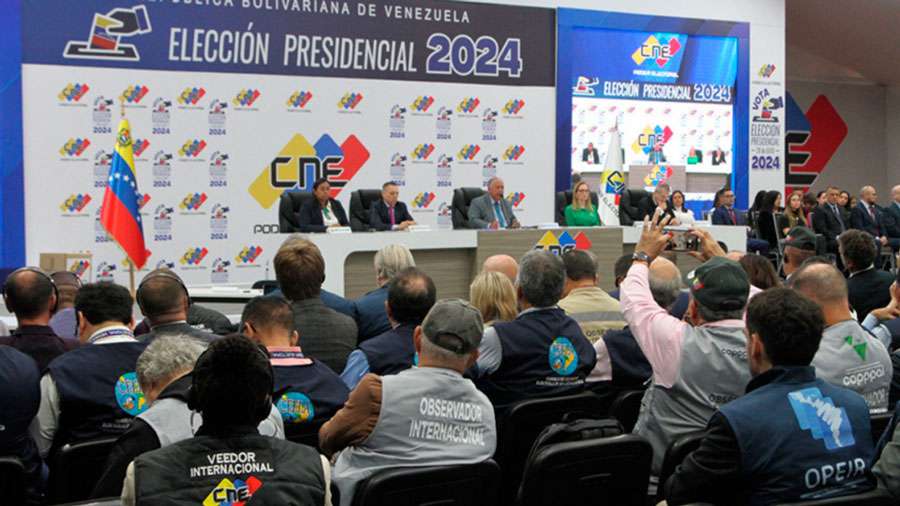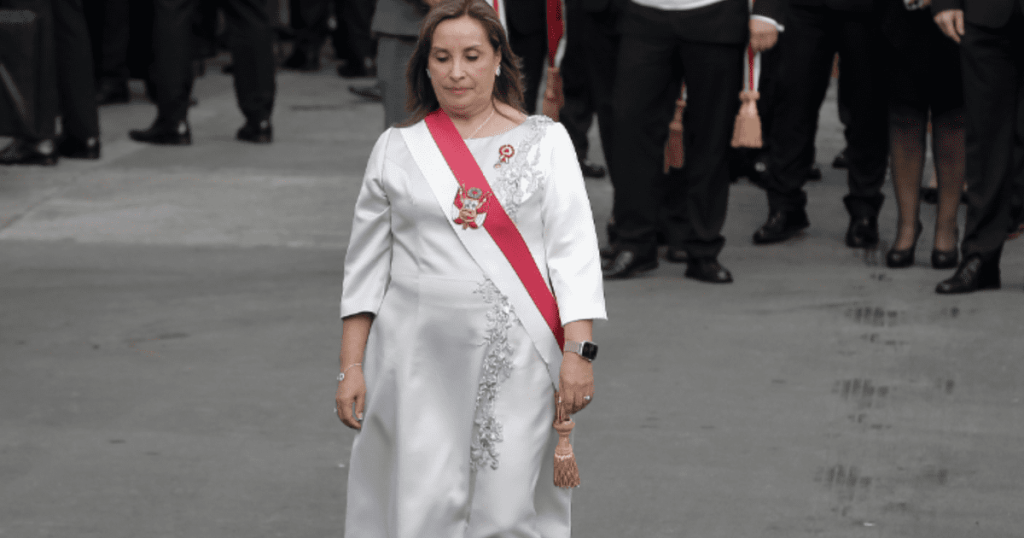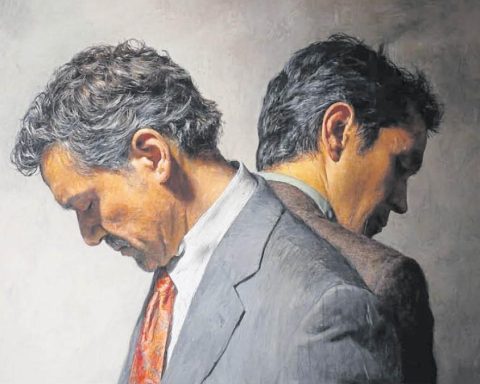Santo Domingo.- With the acquittal of Ángel Rondón Rijo and Víctor Díaz Rúa by the Supreme Court of Justice (SCJ), the case of the “bribes” of more than 90 million dollars that the construction company Odebrecht admitted to having paid in the Dominican Republic in exchange for contracting works remains without sanctions.
In this case, the only person who remained convicted was businessman Rondón Rijo, since Víctor Díaz Rúa was exonerated from the case and only convicted of illicit enrichment and money laundering.
The only thing that emerged from the case was the construction firm Odebrecht, which admitted to having paid 92 million dollars in bribes in the Dominican Republic, money that it had agreed to pay to the Dominican State, but which it failed to comply with and only paid part of.
In the first instance, Díaz Rúa was found guilty of illicit enrichment and money laundering, for which he was sentenced to 5 years in prison and the payment of 200 minimum wages, while Rondón Rijo was sentenced to serve eight years in prison and the payment of a fine equivalent to 200 wages, after being found guilty of the crime of national bribery and money laundering.
The court issued a ruling of acquittal for lawyer Conrado Pittaluga.
You can read: Supreme Court acquits Díaz Rúa and Rondón in Odebrecht case and orders the return of all their assets
These sentences and Pittaluga’s acquittal were ratified by the National District Court of Appeals, so the case was appealed before the Supreme Court of Justice, which on Friday announced its decision, which consisted of dismissing the case without referral and taking it up again, deciding to acquit Rondón Rijo and Víctor Díaz Rúa, to whom they must return the seized assets, which include luxury yachts, companies and farms.
According to documents released by the U.S. Department of Justice, Odebrecht officials admitted to paying approximately $788 million in bribes across 12 countries in Latin America and Africa, including the Dominican Republic.
You can read. Odebrecht Process: Historical Fiasco
The bribed
With the sentence handed down on Friday by the SCJ, the country is left without knowing who were bribed by the construction company Odebrecht, among whom were legislators and officials of the governments of Hipolito Mejia and of Leonel Fernandez.
The case, criticized by many for the way it was handled by the Attorney General’s Office, gradually faded away over time, ending with a final sentence in which all defendants were cleared of charges.
The Odebrecht case in the Dominican Republic began with 14 defendants in 2017 and after four years and five months a sentence was obtained only for Rondón Rijo, given that in the Díaz Rúa case he was discharged from the file, but convicted of illicit enrichment and money laundering, facts of which he was now acquitted.
The investigation began on May 29, 2017, with the arrests of Victor Diaz Rua, former Minister of Public Works; Andres Bautista, former President of the Senate; Temistocles Montas, former Minister of Economy; Roberto Rodriguez, former director of the National Institute of Drinking Water and Sewers (Inapa); Radhames Segura, former Executive Vice President of the CDEEE; Cesar Sanchez, former administrator of the CDEEE; Ruddy Gonzalez, former deputy; Angel Rondon, businessman and representative of Odebrecht; Maximo D’Oleo, former administrator of the Dominican Hydroelectric Generation Company (Egehid) and Conrado Pittaluga, lawyer and notary.
The other four defendants were: Bernardo Castellanos and the then legislators Julio César Valentín, Tommy Galán and Alfredo Pacheco.
The images recorded the arrests and the transfer of the accused to the Palace of Justice in Ciudad Nueva.
Over time, most were excluded from the case and others were dismissed by the courts.
And… Who pays the price now?
This is the question that must be asked in light of the Supreme Court’s declaration of acquittal in favor of the accused.
The question arises in view of the fact that those found not guilty and others who were initially included in the case, exhausted a long period of eight years in court, including the time they spent in prison with coercive measures and enduring the discredit of the Public Prosecutor’s Office.
The right to honor, respect and a good name seems to matter little when the Public Prosecutor’s Office decides to initiate an investigation against a suspect of committing a crime, a process that must be covered by the sacred cloak of secrecy, especially because of the presumption of innocence and in case an acquittal sentence intervenes along the way, as occurred in this case.
The dissemination of the accusation and arrest of the accused is something that is done in a cheerful manner, without taking into account families, the right to the preservation of a good name and the presumption of innocence.
